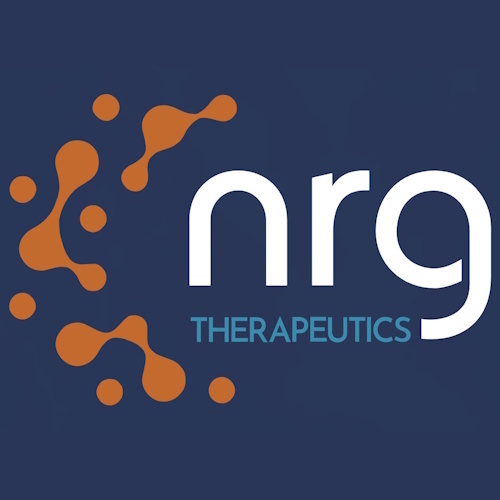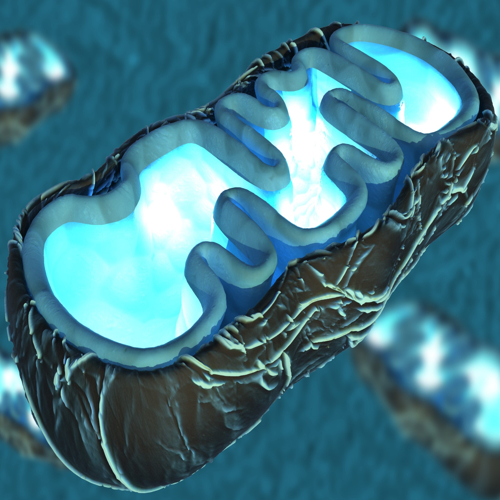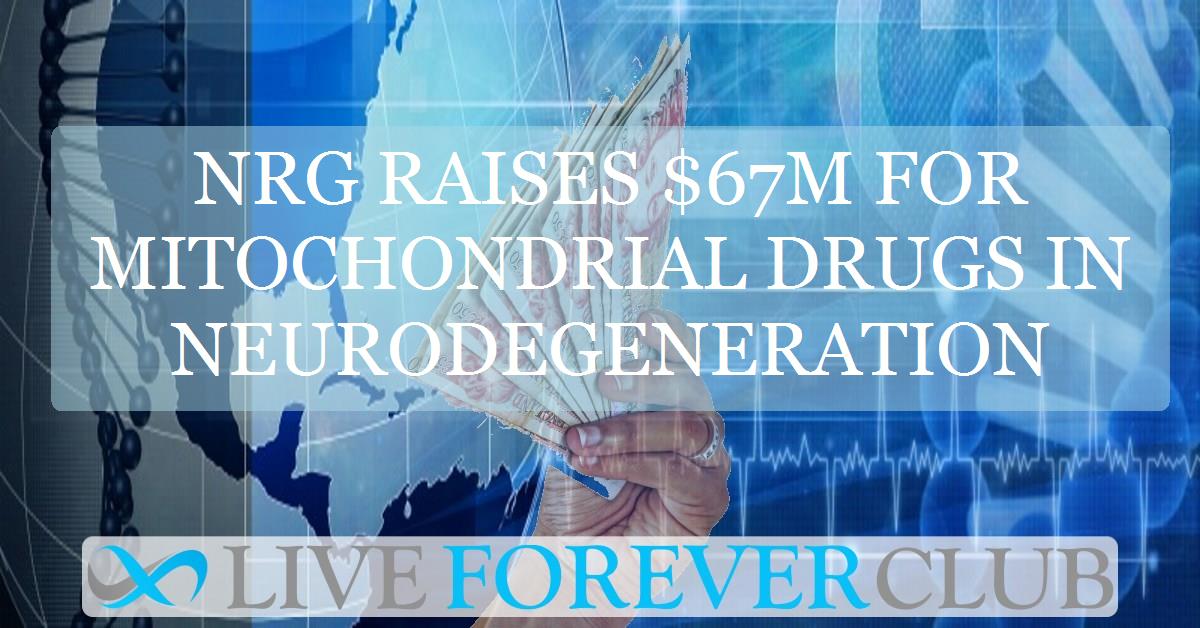Key points from article :
British biotech NRG Therapeutics has raised $67 million in Series B financing to push forward its therapies aimed at preserving mitochondrial function in neurodegenerative diseases. The company, based in Stevenage, is developing small molecules that target the mitochondrial permeability transition pore (mPTP), a key regulator of mitochondrial health linked to energy failure, inflammation, and neuronal death. By addressing this mechanism, NRG hopes to create disease-modifying treatments for conditions such as Parkinson’s disease and amyotrophic lateral sclerosis (ALS).
NRG’s lead candidate, NRG5051, has shown protective effects in preclinical studies, including reducing neuroinflammation and preventing neuronal damage. Having completed investigational new drug–enabling work, it is expected to enter human testing in early 2026, with plans for a proof-of-concept ALS trial and a Phase 1b Parkinson’s study. Unlike existing treatments that mostly manage symptoms, the approach seeks to slow or halt disease progression by directly safeguarding vulnerable neurons.
The company’s strategy builds on evidence that toxic proteins like α-synuclein in Parkinson’s and TDP-43 in ALS disrupt mitochondrial function, accelerating degeneration. NRG has identified a novel regulator of mPTP that can be targeted by brain-penetrant, orally available drugs—offering hope for therapies that could benefit the majority of patients, including those with sporadic disease who remain underserved.
The financing round, led by SV Health Investors’ Dementia Discovery Fund, attracted strong backing from major venture funds including Novartis Venture Fund, M Ventures, and the British Business Bank, alongside patient-focused investment from Parkinson’s UK. With global cases of Parkinson’s expected to double by 2050 and limited ALS treatments available, NRG’s work highlights both the urgency and growing momentum in targeting mitochondrial dysfunction for neurological diseases.






